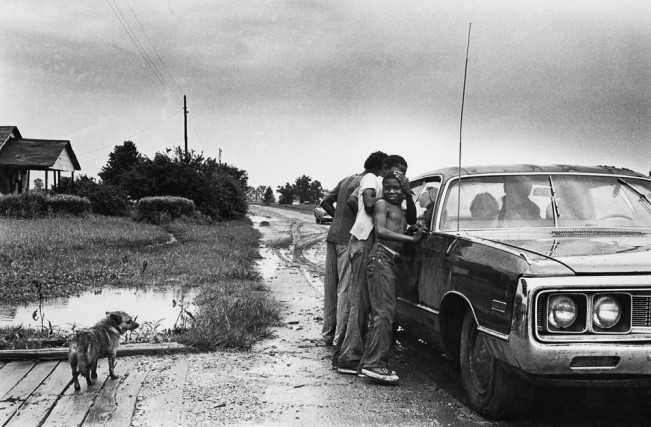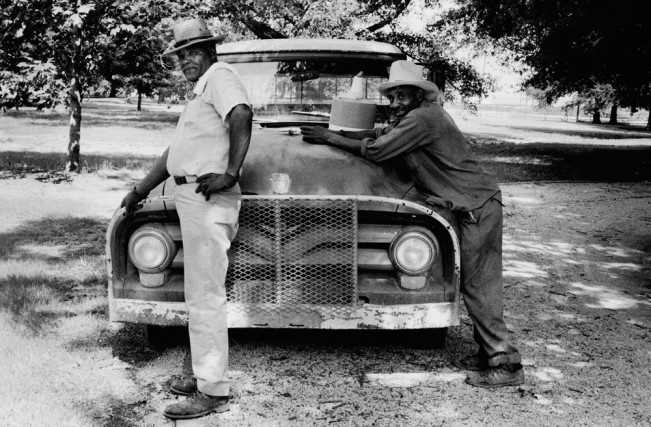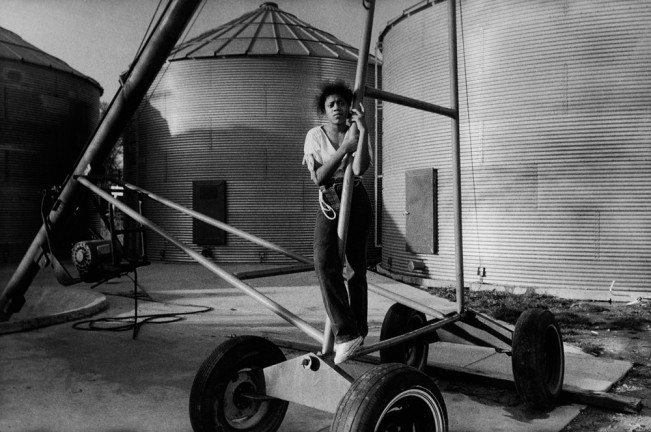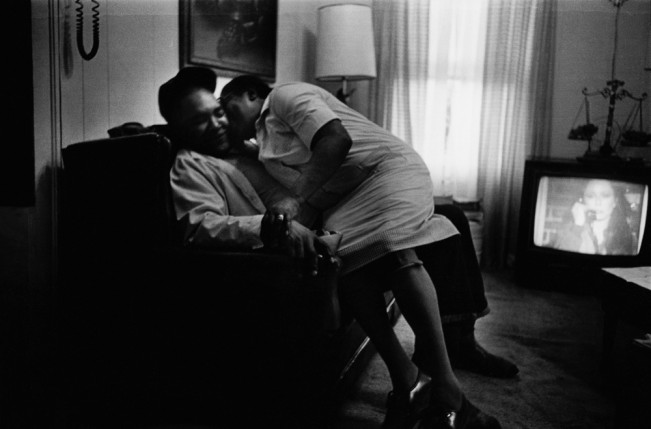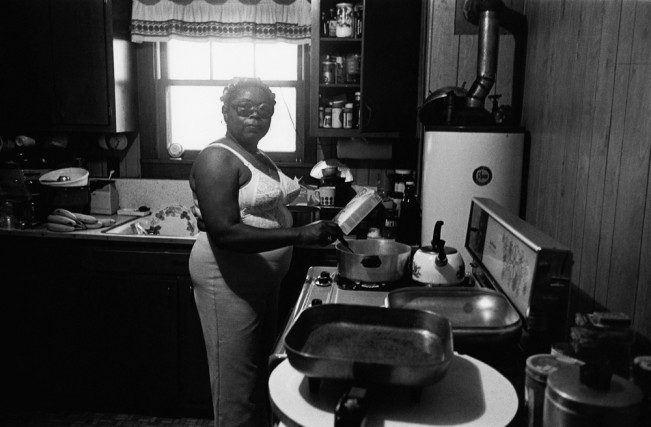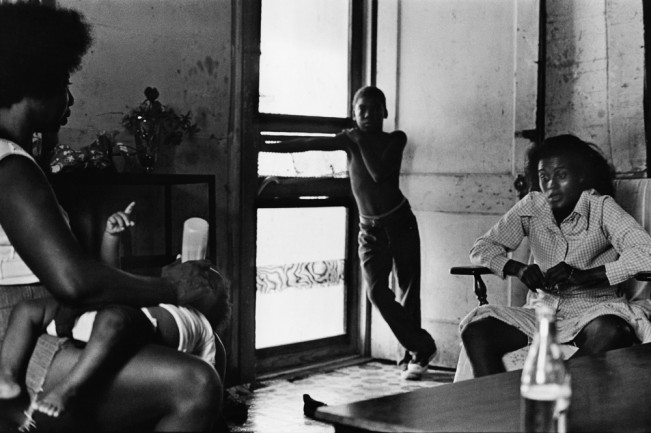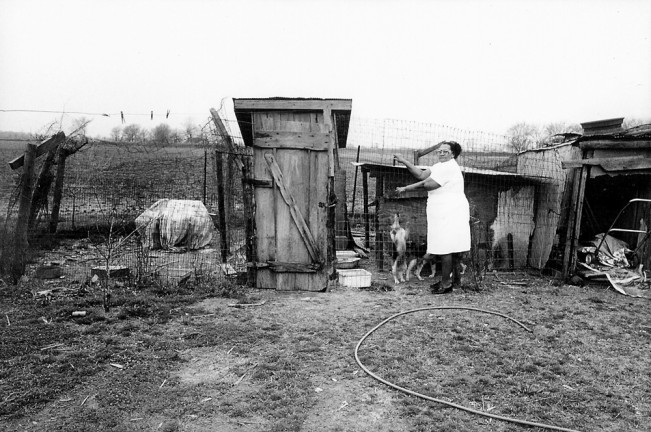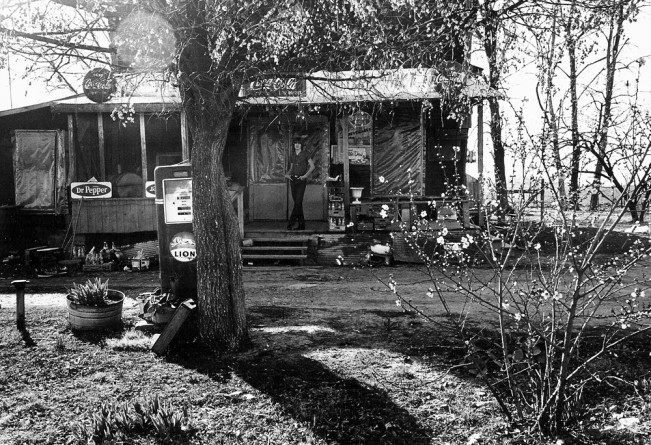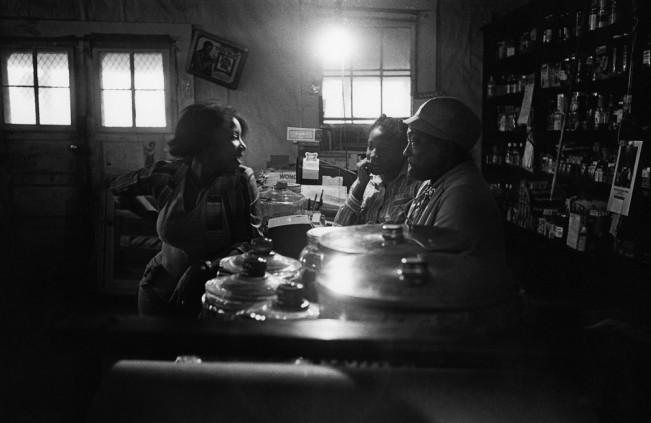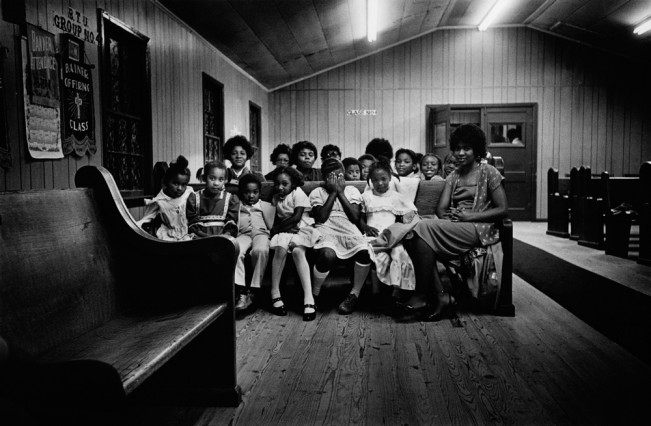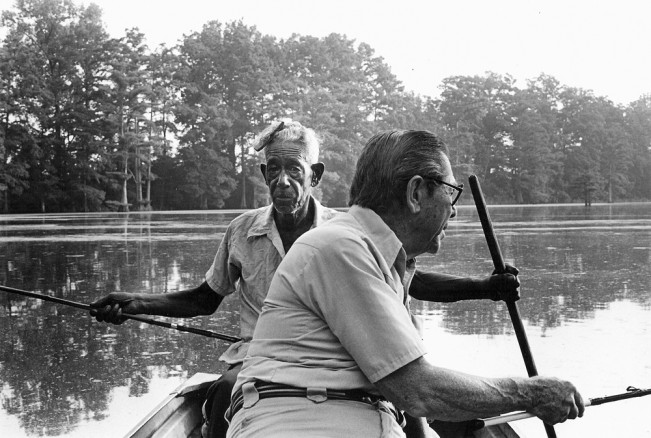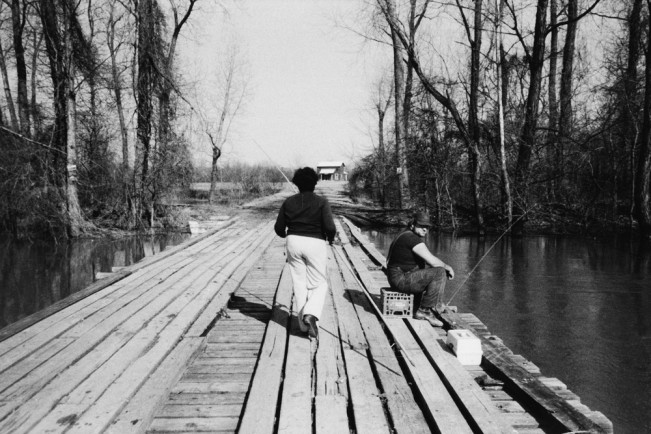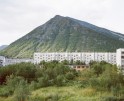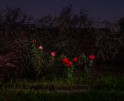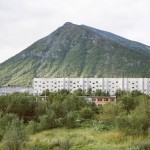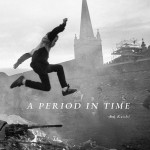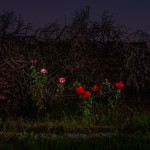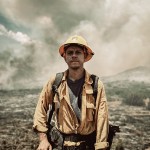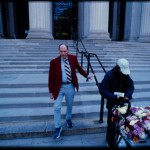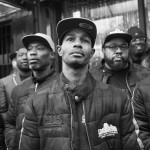Lisa McCord
Some people are born storytellers and a lot of those storytellers are born in the South. As they narrate their lives, there is a cadence to their speech, to their images–a slowed down lyrical way of conveying information. Lisa McCord is one of those storytellers, and I am letting her do the talking today (just throw in a Southern accent as you read). Lisa has been a photographer for a long time and I am sharing a long ago body of work, Rotan Switch, about the community she grew up in, and also celebrating her inclusion in the Holiday exhibition at the Lisa Kurts Gallery in Memphis opening tomorrow night, December 7th, where she keeps excellent company with William Eggleston and William Christenberry.
I was a precocious child, born to a young mother and grandmother who were painters and creative spirits. My mother’s art determined the course of my life. If my mother wanted to paint in a new place, we simply moved. We moved 13 times before I was 18. I often accompanied her to the Arkansas Arts Center where she took figure-painting classes. During class, I shaped clay sculptures, based on the nude model on the other side of the divided painting studio. She taught me to use my imagination and find a sense of home in my self-expression. Like my mother, I too, lived in many places, following my photographic curiosities. It wasn’t until after graduate school, that I settled in one place, Los Angeles with my husband and son.
Since we moved so many times, my sense of place is based on my grandparent’s home, a cotton farm in Arkansas on the Mississippi Delta, where they lived for most of their lives. My grandparents and their home was the only permanent thing in my life. Much of my work draws from my relationship with permanence and transience.
While studying at an all-girls boarding school in Michigan that is connected to Cranbrook Academy of Art, I became interested in photography. I pursued an education in photography at schools in New York, Paris, and Greece, and California. I lived and photographed in London, Guatemala, Haiti, and throughout the United States. After finishing graduate school, I taught photography at several high schools and universities in the LA area. I am now working full time as a fine art photographer, allowing the camera to take me places both in the past and present, creating photographs that explore my memories and tell my stories.
Growing up in the South is very different than growing up anywhere else. The unique social norms of the south colored our life with a richness that made us who we are. My immediately family, my mother, sister, brother, and I, moved thirteen times before I was eighteen. Although we lived all over the United States, the southern nuances remain dominant in our characters. There are many southern archetypes in my family. My mother, Sherwood, a painter, was the rebel of our family. Uncle Eldon, Dr. Eldon Fairley, the country doctor, was the caregiver of our town. My grandfather, Harold Ohlendorf, a tenant farmer and self-made businessman was the town benefactor. The encouragement of these three personalities, along with the influences of other family members, freed my siblings and me to dream big, be kind, remember our P’s and Q’s, and always say, “Hallelujah!” after God’s graces.
Posts on Lenscratch may not be reproduced without the permission of the Lenscratch staff and the photographer.
Recommended
-
Anastasia Tsayder: ARCADIAJanuary 28th, 2026
-
Ed Kashi: A Period in Time, 1977 – 2022January 25th, 2026
-
Greg Constantine: 7 Doors: An American GulagJanuary 17th, 2026
-
Kevin Cooley: In The Gardens of EatonJanuary 8th, 2026
-
William Karl Valentine: The Eaton FireJanuary 7th, 2026

